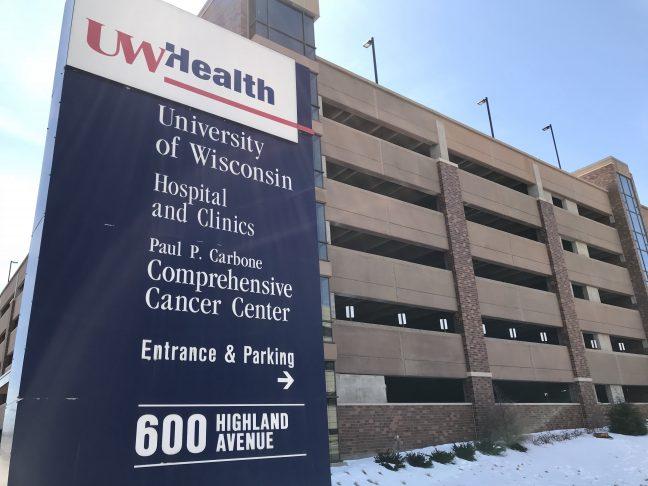The University of Wisconsin has been selected as the national coordinating center for the National Cancer Institute Cancer Prevention Clinical Trials Network. The research, led by professor of biostatistics and medical informatics KyungMann Kim, will study early phase drug development for cancer prevention.
Professor Kim will receive $11.8 million from the NCI of the National Institute of Health in order to fund and organize the CP-CT Net Data Management, Auditing and Coordinating Center for the next five years. UW will be at the forefront of a research network consisting of three leading medical research centers in the country.
Michael Newton, Chair of the Department of Biostatistics & Medical Informatics, will assist Kim in the coordination of quantitative data that the research provides. The chemopreventive trials will study subjects in mass quantity in order to achieve accurate data.
“You need evidence-based research,” Newton said. “Cancer is a complex disease and the effects of substances need to be studied in mass quantity. No single center is big enough to achieve this, therefore we will work with a huge network of chemopreventive trials. Our role is not interacting with subjects differently, but collecting, organizing and managing data.”
Kim has spent his career studying data science which has emerged as a scientific endeavor of its own.
Kim said his clinical research will be conducted over the course of the next five years. During this period of time, his team will collect and organize data from the cancer centers of Northwestern University of Chicago, the University of Arizona and the University of Texas.
In 2024, Kim and his team will have an opportunity for renewal of the award. Details regarding the ceremony are yet to be announced.
“We are very fortunate to be selected to lead this program,” Kim said. “The goal is to target individuals with early indications of cancer and test pharmacological intervention to see if these treatments help, or how they affect cancer growth.”
UW has a lengthy history in the subject: the McArdle Memorial Lab, established in 1940, was the first cancer research center founded by a university. The National Cancer Institute has been funding the program since 1952 and helped to establish what has been named the Carbone Cancer Center.
UW cancer facility first in Wisconsin to implement newly approved radioactive drug treatment
Today, the UWCCC is the only comprehensive cancer research center in Wisconsin and is the center of a network of oncologists across the state. According to UWCCC website, more than 30,000 people are seen annually by UW hospitals and clinics.
“Most grants are usually for about three years, so five is a great number to work with,” Newton said. “The NCI recognizes the importance of this center. For Kim to receive this award demonstrates the caliber of his previous work and his ability to assess and manage data. This is one piece in a big effort for chemopreventive therapy. Thanks to Kim we are able to take part in it.”
Over the past 10 years, national expenditures associated with cancer have been steadily increasing in the United States. According to an NCI study, 2010 saw an estimated $137.4 billion spent in medical expenses for individuals diagnosed with cancer.
This number accounts for hospitalization expenses, physician/supplier services, drug prescriptions, medical equipment and other needs associated with cancer treatment. The study also predicted that as the population ages, cancer treatment needs will increase in the country along with price of medical expenses.
Despite this, national cancer mortality in the U.S. is on a slow decline. The NCI study reported that cancer mortality is dropping at a yearly rate of 1.8% for men, 1.4% for women, and 1.4% for children. Though death rates for many individual cancer types have also declined, rates for a few cancers have stabilized or even increased.
UW biomedical engineers to use modeling technology in research of ovarian cancer
“Diseases such as prostate cancer when discovered early are placed on a watch list,” Kim said. “If successful, the research will give medical professionals a greater insight on the biological effects associated with agents designed to affect cancer development. The tolerability, safety and preventative potential of inventions of varying levels is still widely unknown.”


















